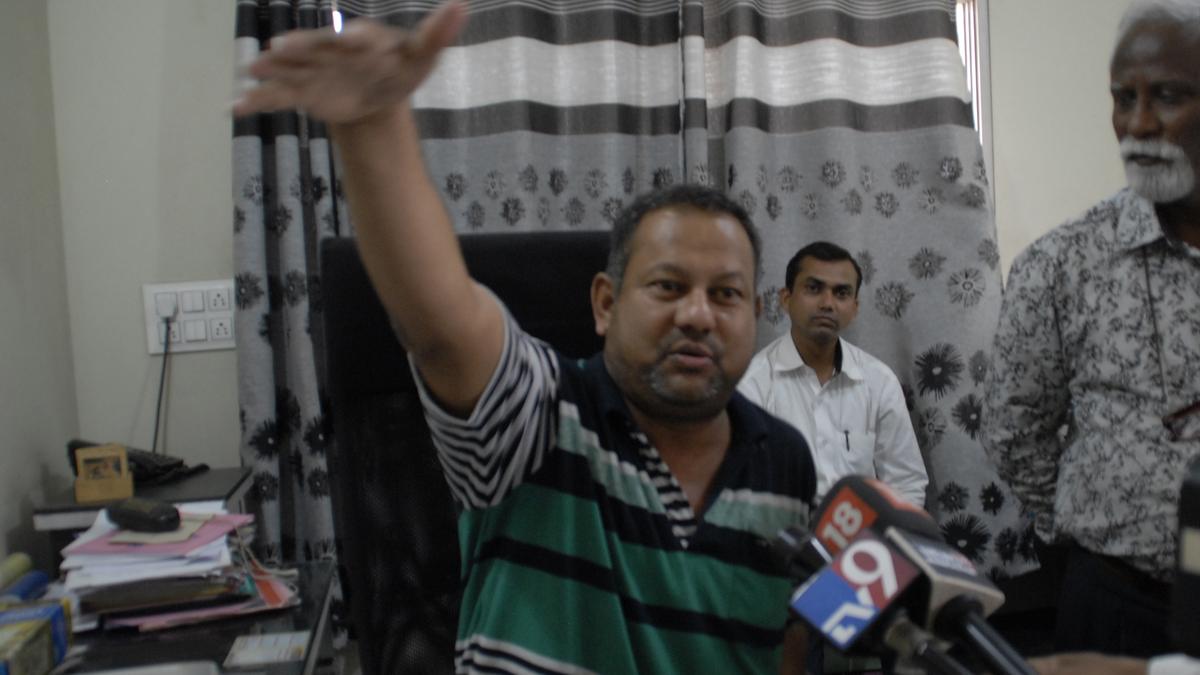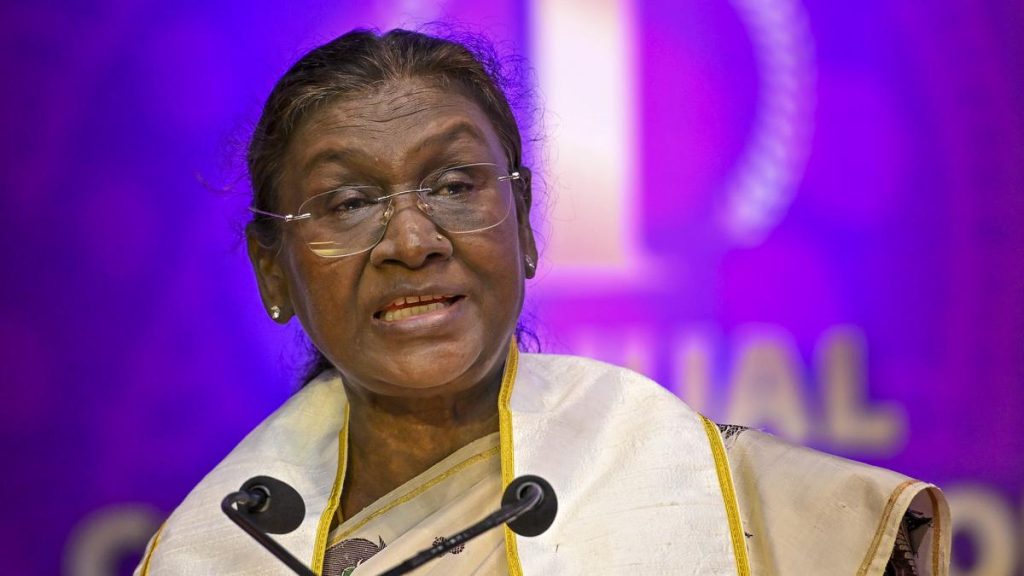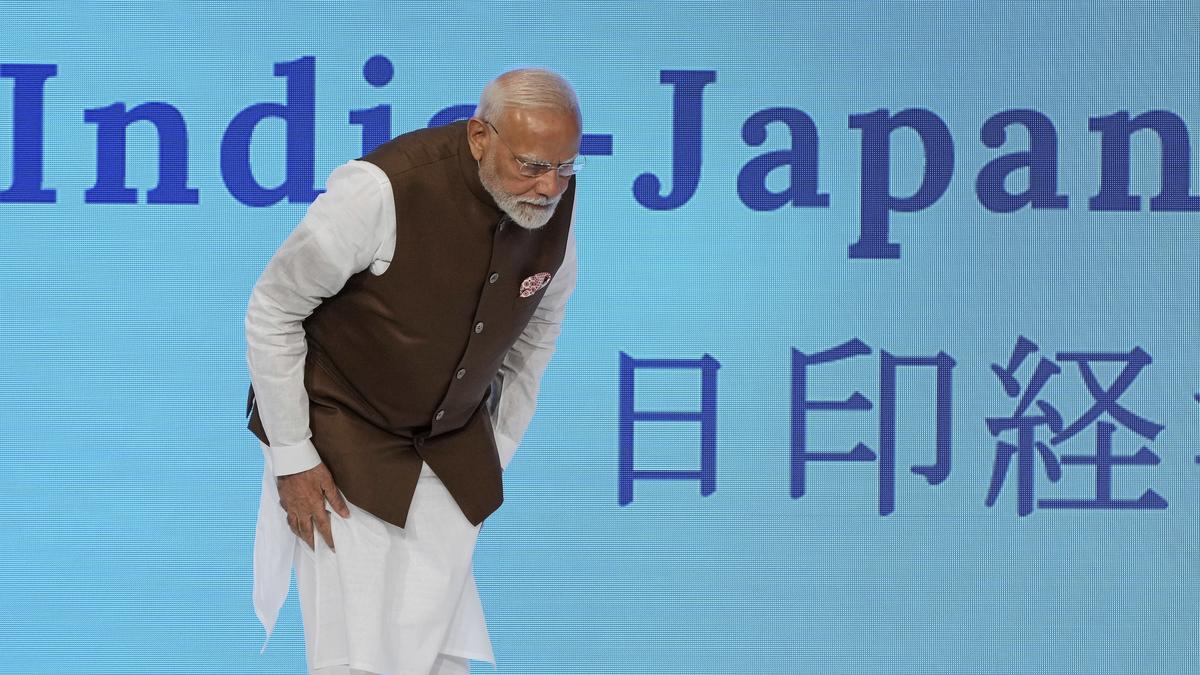Now Reading: Supreme Court to Hear Surendra Gadling’s Bail Plea in Elgar Parishad Case on Sept 3
-
01
Supreme Court to Hear Surendra Gadling’s Bail Plea in Elgar Parishad Case on Sept 3
Supreme Court to Hear Surendra Gadling’s Bail Plea in Elgar Parishad Case on Sept 3

Swift Summary
- The Supreme Court of India has agreed to list the bail plea of advocate Surendra Gadling, accused in the Elgar Parishad-Maoist links case, for hearing on September 3, 2025.
- Advocate Gadling has remained incarcerated for over six years adn his bail plea has been adjourned 11 times at the Supreme Court.
- A bench consisting of Chief justice B.R. Gavai and justices N.V. Anjaria and Alok Aradhe will hear the matter after Justice M.M. Sundresh recused himself from hearing it earlier this week on August 26, 2025.
- Gadling faces charges under provisions of the Unlawful Activities Prevention Act (UAPA) and IPC for allegedly aiding Maoists by providing secret government information and instigating locals against operations like Surjagarh mines during anti-government activities.
- The case is linked to provocative speeches at the Elgar Parishad conclave on December 31, 2017 in Pune that allegedly incited violence near Koregaon Bhima War Memorial on January 1, 2018.
- Related hearings include petitions involving other activists such as Jyoti Jagtap (member of Kabir Kala Manch), whose bail appeal was previously dismissed by courts; her group was alleged to have Maoist affiliations per National Investigation Agency claims.
Indian Opinion Analysis
This listing marks another step in one of India’s most drawn-out legal proceedings involving allegations intersecting activism with national security concerns under UAPA provisions. While judiciary delays are important factors raised by advocacy groups supporting Gadling’s release-citing fairness amid over six years’ incarceration-the gravity of accusations relating to potential anti-national activities remains a counterbalancing concern shaping judicial processes in such cases.The implication here extends beyond an individual case; it highlights broader tensions between civil liberties/minority rights frameworks versus enforced regulation laws related specifically targeting alleged extremism-link accusations movements-peripheries individuals invoking safeguards neutrality gains must also deliberate utility broader community-basis debates apex court’s meticulousness triggers deliberation allocable due trials-specific precedents set;























